
By Kizito CUDJOE
The Minister of Finance, Dr. Mohammed Amin Adam, has called for collective action to tackle Africa’s socio-economic challenges.
Speaking at the launch of the third edition of the Africa Prosperity Dialogues in Accra themed ‘Delivering Africa’s Prosperity through Infrastructure: Invest. Integrate. Connect’, Dr. Adam noted the plight of an estimated 546 million Africans living in poverty, with a further 149 million at risk of falling into it.
He also cited the UNECA’s estimate of the annual Sustainable Development Goal financing gap for developing countries increasing by US$1.7trillion.
Against this backdrop, Dr. Adam underscored the need for adequate infrastructure development, citing the African Development Bank’s estimate that closing the continent’s infrastructure gap would require a minimum of US$130billion annually.
“Deficient infrastructure in today’s Africa has been found to sap growth by as much as 2 percent a year. Quite frankly, we have a continental problem that requires a continental solution. As such, we must redouble our efforts to invest in critical infrastructure projects, including transportation, energy and digital connectivity, to unlock Africa’s full potential for trade and investment,” he added.
He emphasised the importance of investing in critical infrastructure projects, including transportation, energy and digital connectivity, to unlock Africa’s full potential for trade and investment.
The Finance Minister also discussed the rising debt-to-GDP ratio across the continent, estimated by the UNECA at 66 percent in 2023, and highlighted the substantial risks to fiscal sustainability and economic stability posed by African governments, which are set to face US$89billion in external debt servicing in 2024 alone.
To address the situation, he called for stronger regional integration, noting that intra-African trade stands at around 13 percent, significantly lower than that of Europe, North America and ASEAN.
He urged the Economic Community of West African States (ECOWAS) and the African Union to spearhead initiatives to promote cross-border infrastructure investments and connectivity.
Also, he advocated strategic and innovative financing, including public-private partnerships (PPPs), green bonds, and leveraging digital technologies to enhance financial inclusion and access to capital.
He, therefore, encouraged African governments to embrace PPPs as a viable solution to bridge the infrastructure gap and drive economic growth.
The Africa Prosperity Dialogues serve as a platform to reaffirm commitment to advancing prosperity and development across the continent, with each participant playing a pivotal role in shaping its trajectory.
The Executive Chairman of Africa Prosperity Network (APN), Gabby Asare Otchere Darko, explained the crucial role of investing in the continent’s infrastructure space in achieving the vision outlined in the AfCFTA agreement.
“Despite the continent’s potential, its infrastructure gap serves as a more potent blockade. The success of AfCFTA hinges on key enablers such as energy, water, R&D, ICT, transport & logistics and the digital economy,” he stated.
In line with this, he called for substantial investments in infrastructure that will yield even greater rewards, enabling efforts to create a larger pool of good jobs with good pay.
“We stand at a critical juncture in history, where unlocking prosperity, now more than ever, depends on prioritising investment in infrastructure, connecting our people through infrastructure and integrating our economies to create and spread opportunities and prosperity to every community.
“This is where we must now direct our collaborative efforts if we are serious about allowing Africans to do business across Africa and for our young people who will build Africa to see their future in Africa. At APN, we envision an Africa where every bridge built serves as a flyover to opportunity, and every road paved leads to prosperity,” he said.
Similarly, Solomon Quaynor, the president for Private Sector, Infrastructure & Industrialization at the African Development Bank, highlighted that Africa’s financing gap is exacerbated by the necessity to ensure that all infrastructure is climate-change-resilient or compliant.
“Closing this gap remains the single most important step we can take to structurally boost our economic development, make it more inclusive and competitive, and attain the Africa we want,” Mr. Quaynor reiterated.
Charles Abani, the United Nations (UN) Resident Coordinator for Ghana, stressed the importance of prioritising projects with a high impact on economic growth, job creation and poverty reduction across the African continent.
“We must leverage technology and innovation to drive efficiency, sustainability and inclusivity in our infrastructure development; and most importantly, we must bring everybody on board. If you want to go fast, they say go alone; if you want to go far, go together,” Mr. Abani concluded.
The post Finance minister urges continental action to drive infrastructure investment appeared first on The Business & Financial Times.
Read Full Story
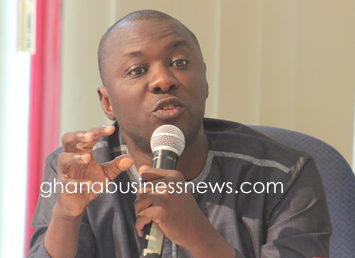
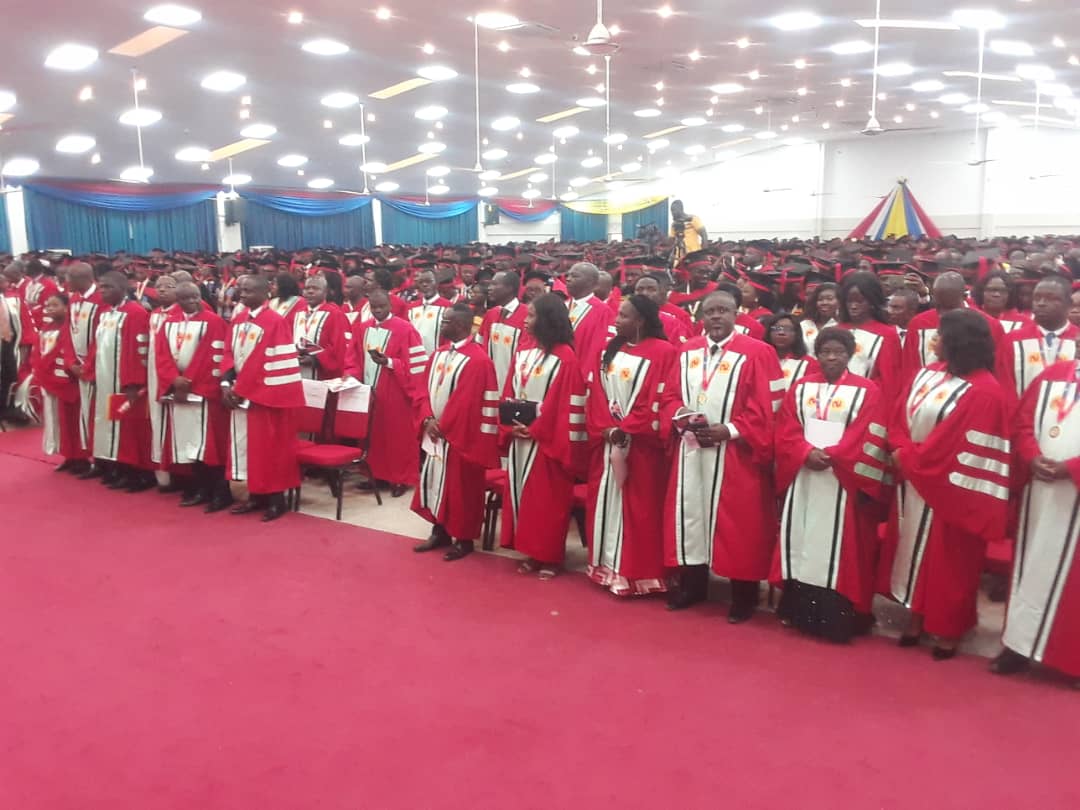

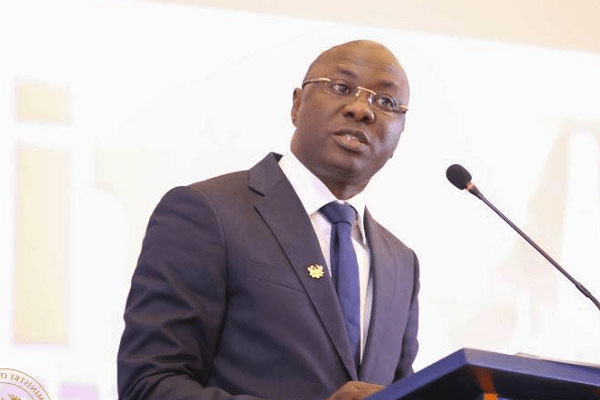
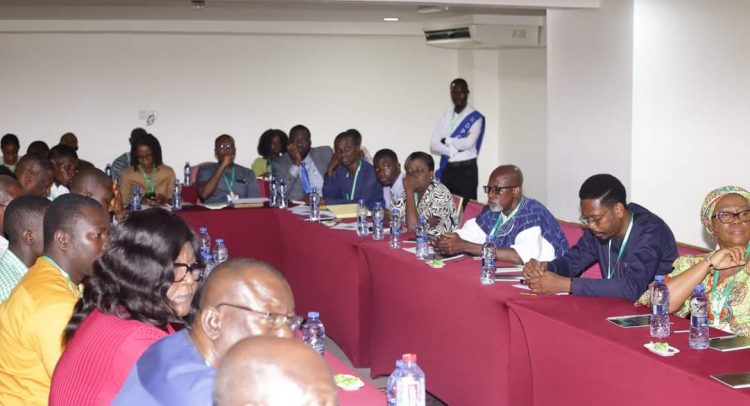
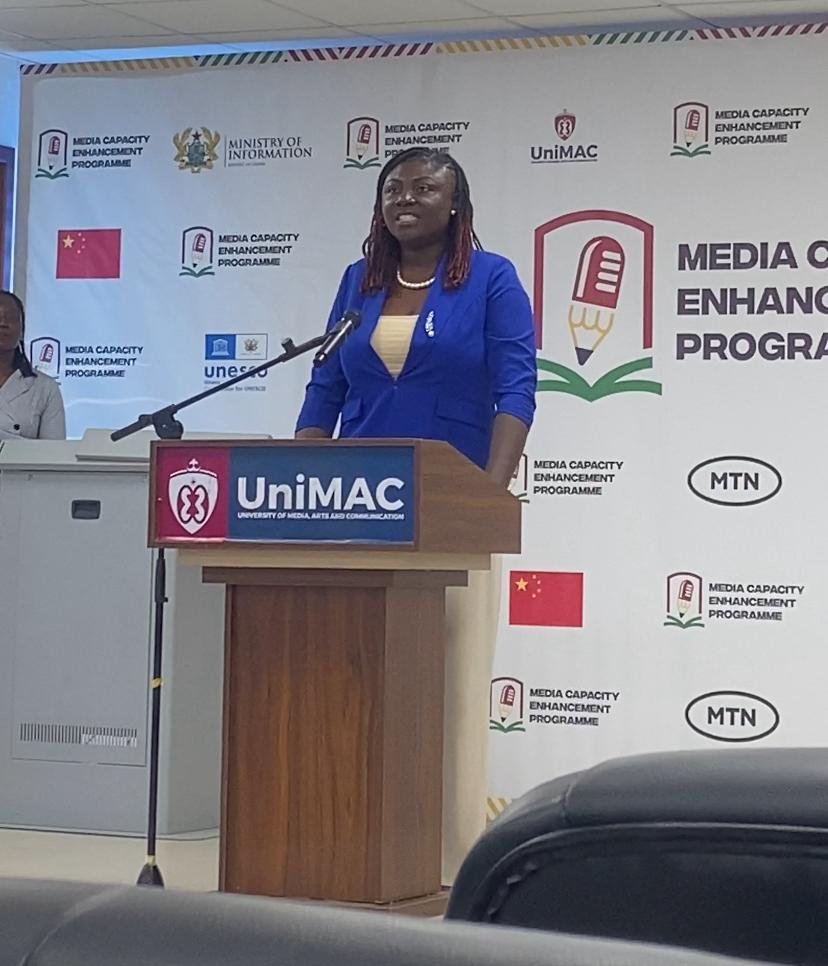
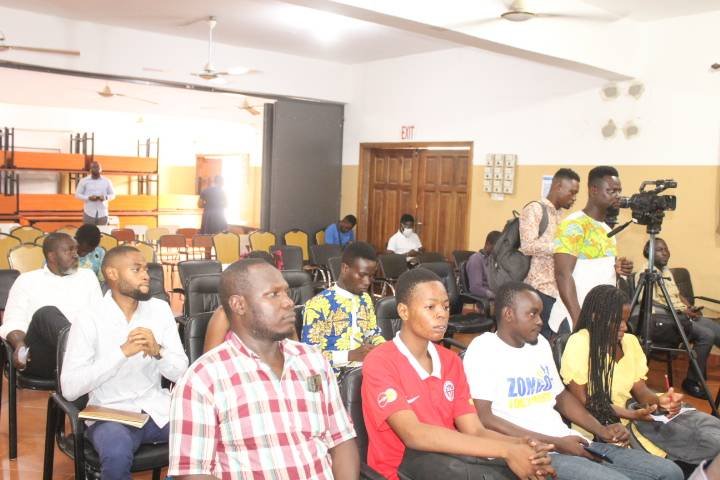



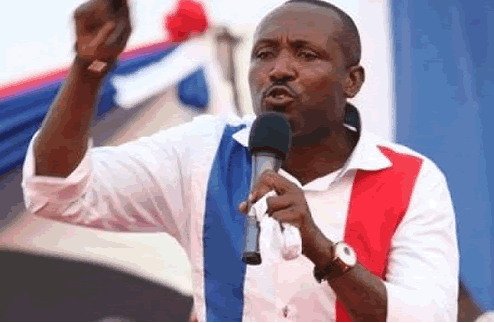







Facebook
Twitter
Pinterest
Instagram
Google+
YouTube
LinkedIn
RSS